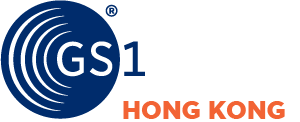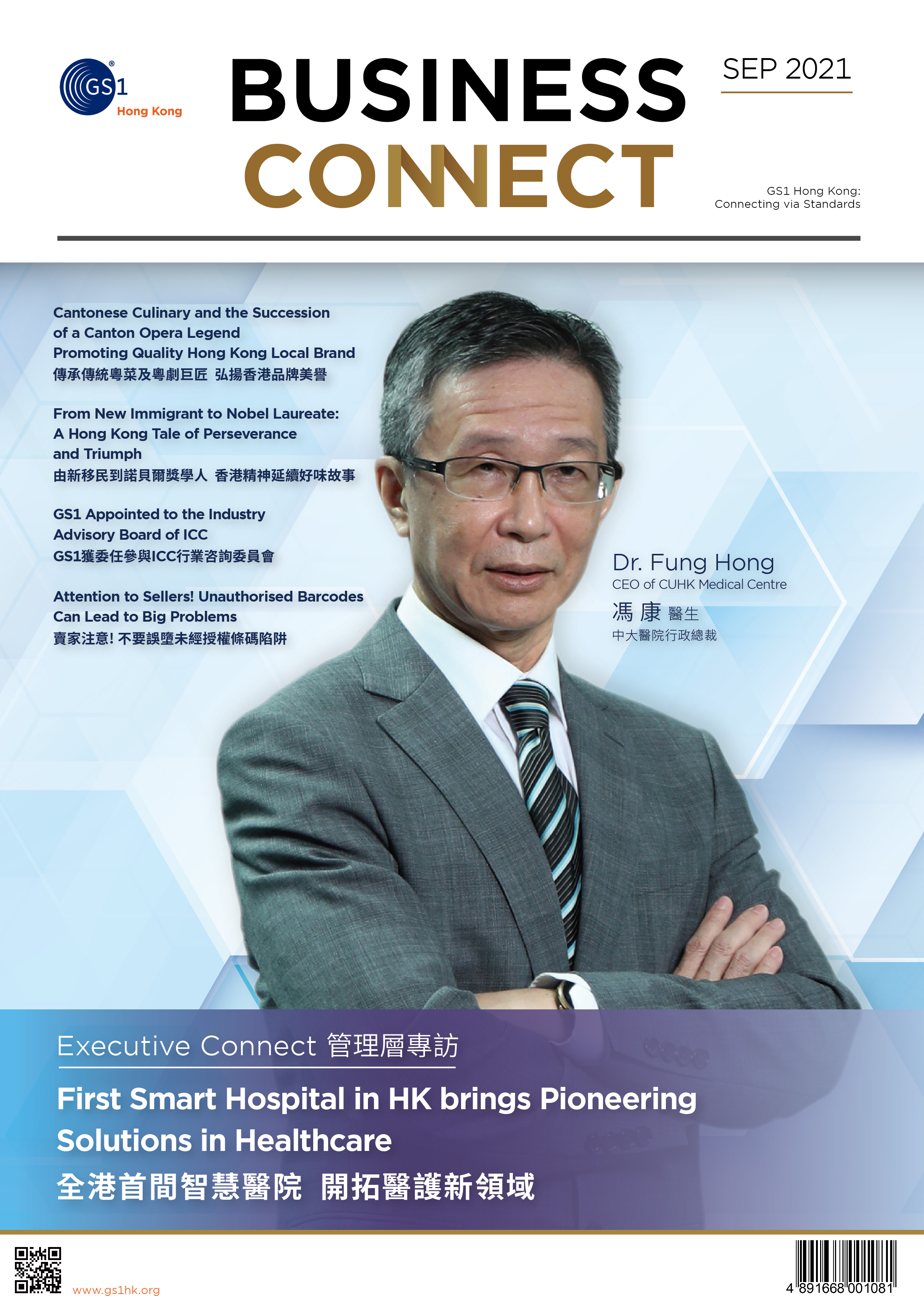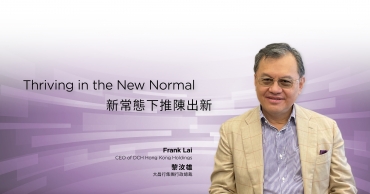
First Smart Hospital in HK brings Healthcare Services into the Next New Stage
Overlooking the Tolo Harbour, CUHK Medical Centre (CUHKMC or “the hospital”) presents itself with a modern outlook. Being the first smart hospital in Hong Kong with full 5G coverage, its reception area is fitted out with several self-service kiosks and a guiding robot called “Rolly” providing patients with faster and more convenient service. Dr. Fung Hong, CEO of CUHKMC (“Dr. Fung”), noted that advanced technology will not take over the jobs of healthcare professionals, but allow them to focus more on the treatment process and provide more quality, efficient and affordable medical service to the citizens.
Transparent Pricing & Caring Services
Hong Kong is blessed with world-class healthcare services, but the healthcare industry is facing more burdens and challenges, such as the long queues at the public hospitals and opaque price structure of private medical services, as Dr. Fung pointed out. He hopes CUHKMC can bridge the gap between the public and private healthcare systems. Guided by its not-for-profit principle with a focus on R&D and education, the hospital banks on innovation and technology to deliver quality and efficient services at affordable price levels. It will also take on referral cases from the Hospital Authority (HA) to help alleviate pressure on the public healthcare system.


Smart Care Makes a Patient-centric Hospital
Digitalisation and smart technologies are the foundations for today’s healthcare service. “From doctor consultation to homecare, we support the end-to-end patient journey by integrating mobile technology and real-time data into the treatment process. Focusing on Smart Medicine, Smart Care and Smart Management, we will automate healthcare procedures and hospital operations by making them smart, in order to reduce administrative workloads on medical professionals and allow them to focus on their patients.” Dr. Fung said.
A smooth clinical process and satisfactory patient experience are the two most important factors for the provision of patient-centric services. CUHKMC will launch a mobile app for outpatients to make doctor appointments. Upon arrival at the hospital, the patient will just have to check-in and print the queue ticket at the self-service kiosks and wait to receive alerts of queueing status via the mobile app. The mobile app is also able to show detailed information such as a patient’s consultation records, medical reports, drug allergy and more to uplift service experience.
For in-patients, each and every hospital bed is equipped with an infotainment panel that provides TV and internet access, and usable for meal ordering, hospital bill checking, tele-visit, tele-consultation and so on. This is particularly helpful for maintaining social-distancing in the current unsettling pandemic situation.
When patients check out from the hospital, they can conveniently pick up their medical prescriptions at the nurse station located on the in-patient floor, saving the trip to the pharmacy on the ground floor.
Smart Medicine Does More with Less
As the saying goes “you cannot make bricks without straw”, one of the “straws” of the hospital is its electronic medical record system which is fully connected with the Government’s Electronic Health Record Sharing System (eHRSS). With the patients’ consent, healthcare professionals can instantly get access to their medical history, which aids medical consultation and clinical decision making. This system is also conducive to information transfer between healthcare practitioners helping to save time and go green.
The hospital has introduced E-Med Cart, an IoT-connected drug trolley, to its medication distribution workflow. The nurses will need to scan a patient’s wristband barcode and verify the information to unlock the corresponding compartment on the trolley, reducing the risk of medication error.

In the pharmacy room, each type of medicine on the drug shelf is attached with an electronic tag. The tags will be lit up in different colours corresponding to the prescribed drugs selected by the pharmacists on their electronic tablets, making it much easier for pharmacists to gather what they need. The hospital is also the first in Hong Kong to introduce an automated drug dispensing and packaging system, which packs the required dosage for each scheduled time individually to make sure patients take their medications on time and reduce the chances of missing and incorrect medication.

Smart Management Saves Money & Time
As medical equipment and devices become more sophisticated in all forms and sizes, a set of common language is needed to connect, categorise and analyse the huge amount of health and illness-related data generated by them. “We are deploying the HL7 standard-based Fast Healthcare Interoperability Resources (FHIR) system to bring all equipment, devices and systems onto one single platform with IoT technology in order to enhance connectivity of the hospital’s information system. This will help boost pharmaceutical service efficiency, reduce unnecessary wastage and ultimately alleviate patients’ financial burden.
Currently, the hospital has an in-hospital navigation and GPS system that allows medical staff (and patients) to track the real-time locations of people and supplies, ensuring patient safety and the movement of resources. For example, the hospital linen, staff and patients’ clothing are all equipped with RFID tags to enable easy identification and tracking, hence saving a substantial amount of time for stock-taking.
“Do not underestimate linen management. 20-30% of wastage can be reduced with proper handling and control. Unlike public hospitals, we do not need a large amount of supply reserves for emergency situations. This allows us to spend on an “as-needed” basis and helps improve our cash flow which is highly important to private hospitals like us.”

Involved in the development of the Smart Hospital since the beginning, Dr. Fung thinks the imbalance between Hong Kong’s public and private healthcare systems has gradually improved. With the hospital gradually put into service, he expects CUHKMC to set the stage and pave the way to further medical technology advancement and system reform, allowing everyone to enjoy affordable and quality medical services.


CUHKMC Info
The hospital can cater for 516 beds, while it currently offers general out-patient and specialist out-patient services including ophthalmology, cardiology, urology, etc., and medical services covering imaging diagnosis, physiotherapy, etc. The 24-hour emergency service, obstetrics, along with 120 in-patient beds will be available in the 4th quarter of 2021.




